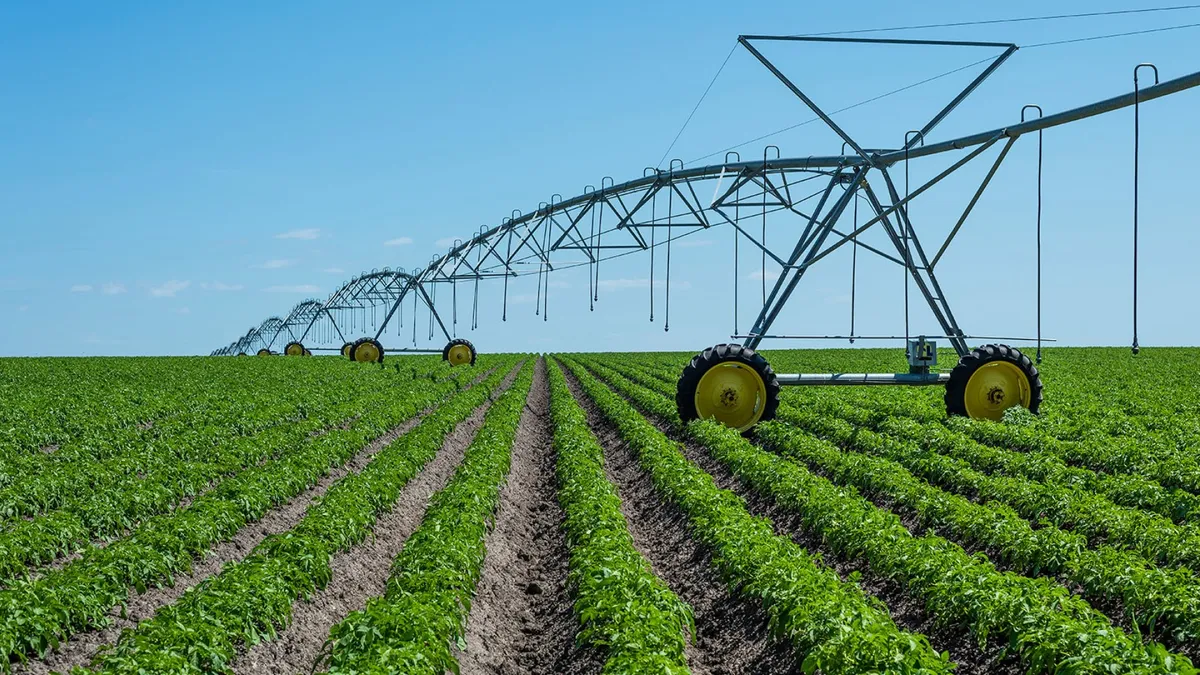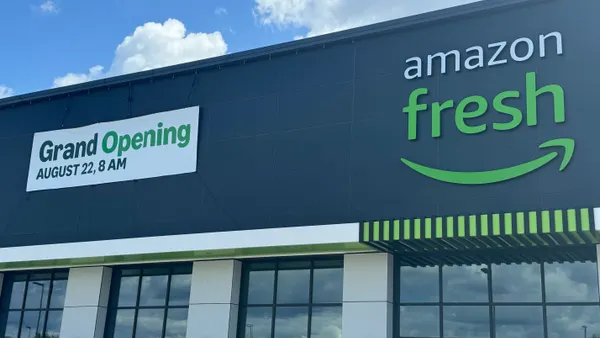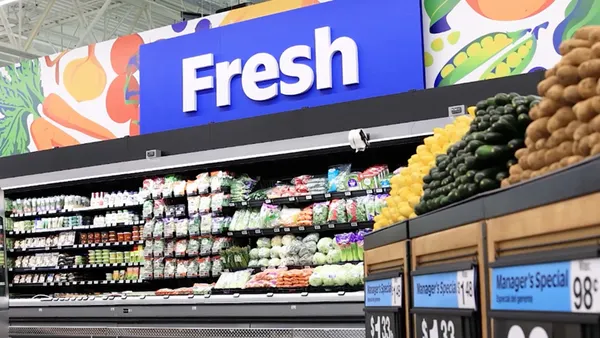Dive Brief:
- PepsiCo and Walmart announced a $120 million investment on Wednesday to support North American farmers in the adoption of regenerative agriculture practices.
- The seven-year collaboration is expected to improve soil health and water quality on more than 2 million acres of farmland, the companies said in a statement, delivering an expected 4 million metric tons in greenhouse gas emission reductions by 2030.
- As farmers adopt and implement more sustainable practices, PepsiCo and Walmart said they are offering a “voluntary, flexible approach” to help with the process.
Dive Insight:
PepsiCo and Walmart join a growing number of organizations looking to forward their own sustainability goals by encouraging farmers to adopt regenerative practices.
In the past two weeks alone, Archer-Daniels-Midland Co, Nestlė and Cargill and John Deere doubled down on their own efforts to accelerate the adoption of climate-smart practices on farmland for sustainability reasons. Last month, Bayer said it sought to expand into the regenerative agriculture market, which it viewed as a $110 billion opportunity.
The idea behind regenerative agriculture is that farmers can improve soil health and climate resiliency by adopting certain practices, such as improved nutrient management, reduced tillage and planting cover crops.
Although climate-smart practices have been touted as a cost-effective way to improve yields, getting everyone on board can be challenging. Many of the practices can be “labor- or knowledge-intensive,” according to the U.S. Department of Agriculture, and larger farms have an advantage in terms of scale and technology efficiencies.
Jim Andrew, PepsiCo’s chief sustainability officer, said in a statement that for regenerative agriculture to make business sense, farmers need economic, agronomic and cultural support.
“This strategic collaboration with Walmart will advance our shared goal to have farmers’ backs as they transform farming in a way that benefits the planet and people,” Andrew said.
PepsiCo and Walmart’s collaboration underscores their larger sustainability commitments to protect and restore millions of acres of land and reduce their greenhouse gas emissions to be net zero by 2040.















